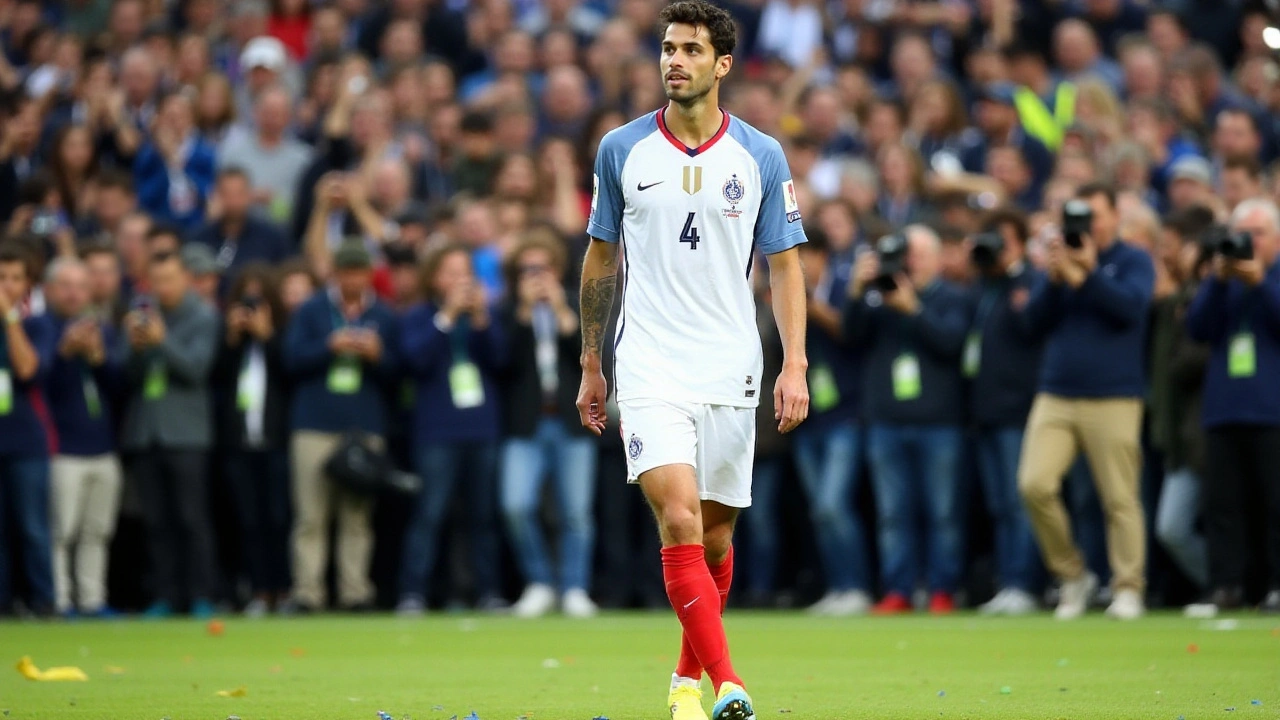Football Retirement: When Players Hang Up Their Boots
Retirement in football doesn’t always come with a clear deadline. One day you’re scoring goals and the next you’re thinking about life after the game. We’ve seen stars hint at exits — like Cristiano Ronaldo suggesting a possible departure from Al Nassr — and younger pros facing tough choices. This guide helps players and fans spot the signs, plan the next move, and handle the change with purpose.
Signs a player may be close to retiring
Injuries piling up. Persistent knocks or long rehab times often shorten careers. If recovery takes longer each season, that’s a red flag. Reduced minutes or bench time. When a player goes from starter to occasional substitute, it may mean their peak is behind them. Performance dips. Missing chances, losing pace, or struggling with simple tasks on the pitch are common signs. Motivation and joy drop. If training feels like a chore or the player talks about wanting more time with family, that matters just as much as fitness.
Contract choices change. Short-term deals or moves to lower leagues often point to winding down. Public hints and interviews can be telling too — players sometimes drop clues about stepping away, and fans usually notice. Clubs also prepare differently: fewer long-term renewals, more focus on mentoring younger players.
Practical next steps for players
Start planning early. Don’t wait until the final season to sort finances, qualifications, or health care. Talk to a financial adviser who understands athletes’ careers. Look at tax, investments, and sustainable spending so you don’t rush into poor deals later.
Get qualifications while you still play. Coaching badges, media training, or sports management courses can open doors. Many players move into coaching, punditry, scouting, or club roles. Some start businesses or work with charities. Try short projects or internships during off-seasons to test what fits.
Prioritize health. Keep regular check-ups and address long-term injury damage. Mental health matters: retirement can hit identity and routine. Speaking with a sports psychologist or counselor helps smooth the transition.
Build a network. Keep relationships with coaches, former teammates, and clubs. Networking makes it easier to find a role after playing days end. Consider hiring an agent or career coach focused on post-football moves.
For fans: respect the process. Farewell games and tributes feel good, but real support is long-term — follow a retiring player’s next steps, back their projects, or simply say thanks for the memories. Clubs can help by offering roles or ambassador positions that match a player’s skills and interests.
Retirement is a big change, but with clear planning and honest conversations it becomes a new chapter, not an end. Whether you’re a pro weighing the next move or a fan watching the last season, focus on purpose, health, and the practical steps that make life after football work.

Raphaël Varane Bids Farewell to Football amidst Knee Injury: Journey of a World Cup Winner
France's World Cup-winning defender, Raphaël Varane, announced his retirement from professional football at the age of 31 due to a severe knee injury. Despite a stellar career spanning multiple clubs and numerous trophies, Varane decided to end his time on the pitch but will remain involved with his current club, Como.